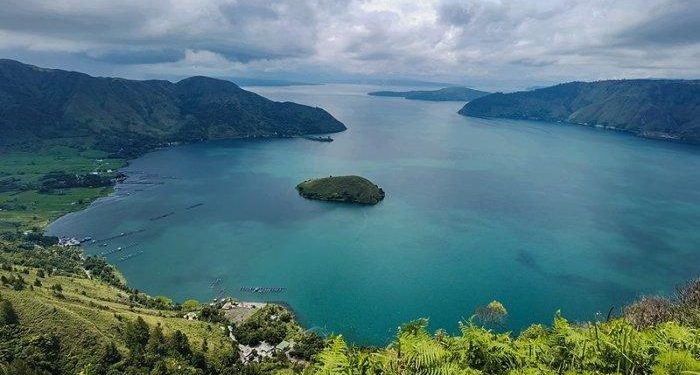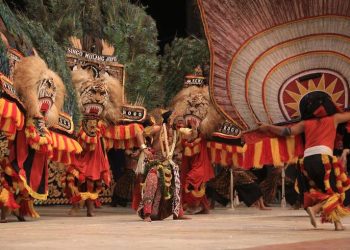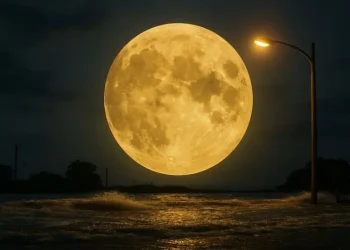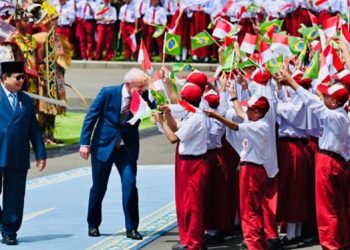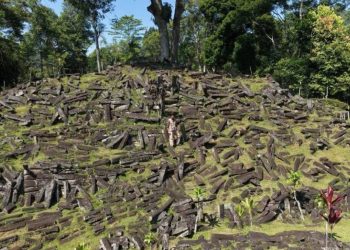Jakarta, Indonesia Sentinel — Beneath the breathtaking landscape of Lake Toba lies a sacred legend passed down through generations: the myth of the guardian dragon. For the Batak people, the dragon is not merely a mythical creature, it is a revered spiritual guardian and protector of the lake’s natural and balance.
Lake Toba, located in North Sumatra, Indonesia, is the largest natural lake in Southeast Asia and the world’s largest volcanic lake.
Spanning 100 kilometers in length and 30 kilometers in width, and plunging to depths of up to 508 meters, the lake sits within the caldera of a supervolcano that erupted thousands of years ago.
Amid its geological grandeur, a centuries-old legend continues to capture local imagination: a giant powerful dragon dwells in the depths of Lake Toba. This ancient belief endures through oral folklore, traditional rituals, and everyday spiritual practices, despite the passage of time and modern influences.
According to legend, the dragon is closely linked to a man named Toba, a figure of kindness and deep reverence for nature. In many versions of the myth, Toba is eventually transformed into a dragon, a powerful being entrusted with safeguarding the lake he loved so dearly. His transformation is seen as an act of ultimate sacrifice to preserve the lake and the lives it sustains.
Within the myth, the dragon is believed to possess magical powers that maintain ecological harmony and protect the surrounding region. This spiritual guardian is honored with deep respect in Batak culture, seen not only as a mythical force but as a symbol of environmental stewardship.
Read Also:
The Legend of Begu Ganjang: Long-Bodied Spirits Haunting the Highlands of North Sumatra
Several residents have reported seeing the massive creature, describing it as a snake-like figure so long it dwarfed ferry boats crossing the lake. Eyewitness accounts claim the serpent stretches over 50 meters, with its head appearing at the front of a ferry while its tail trails far behind.
Local fishermen say they have encountered the creature while out on the water, fueling the enduring myth of the Lake Toba dragon.
Though no scientific evidence has been found to support the existence of such a creature, the legend remains a deeply rooted part of the region’s cultural identity.
The legend of the Lake Toba dragon has become more than just cultural heritage, it has shaped local customs and drawn the interest of travelers seeking a deeper, more mystical experience of the region.
For many, the story adds a layer of enchantment to the lake’s already dramatic scenery, blending natural wonder with ancient lore.
(Raidi/Agung)


